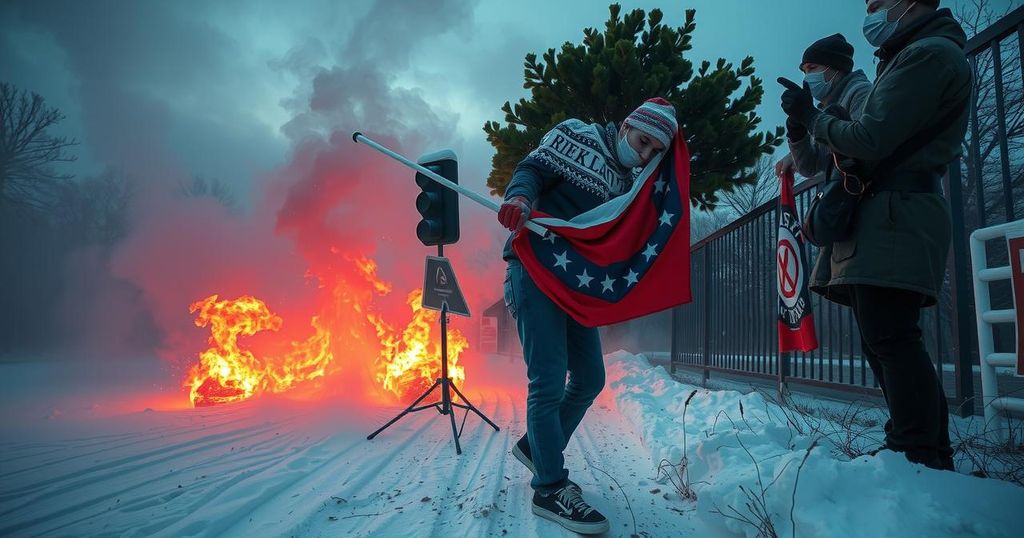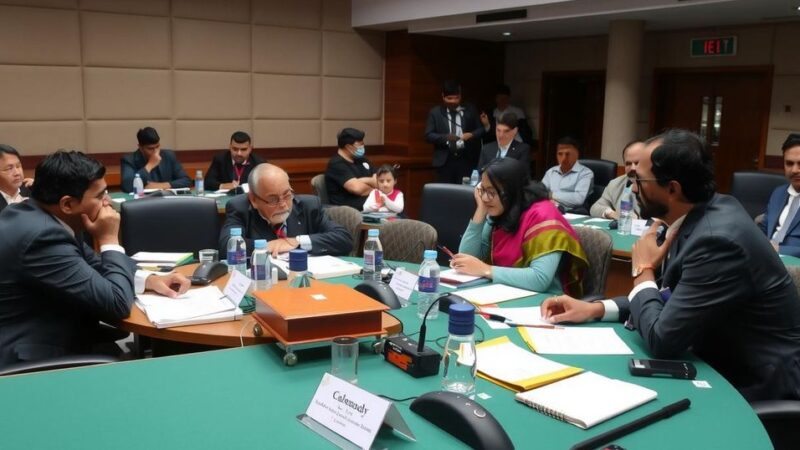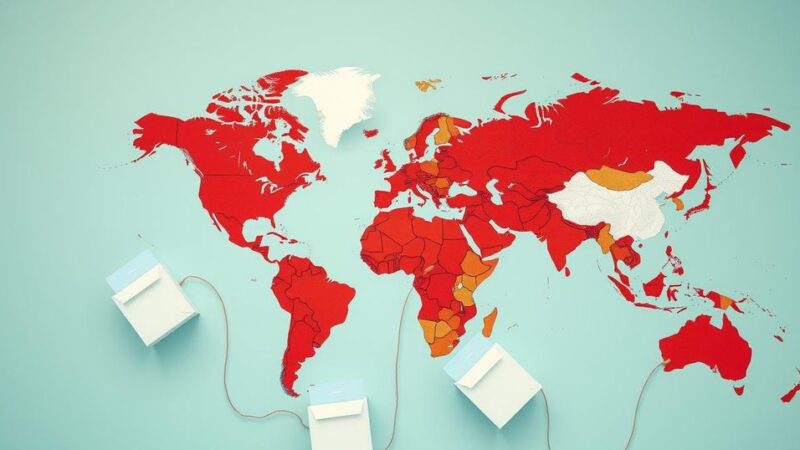Recent findings reveal a troubling global trend of increasing repression against climate and environmental activists. The report, authored by researchers from the University of Bristol, categorizes the repression into distinct forms, including the introduction of anti-protest laws, judicial prosecution, aggressive policing, and extrajudicial violence, underscoring the urgent need for protective measures for activists.
The ongoing repression of climate and environmental protests is emerging as a significant global trend, as documented in a recent report by researchers from the University of Bristol. This report highlights that this repression spans both the Global North and South, manifesting differently across various political contexts, yet showcasing alarming similarities. Climate protests commonly aim at broader demands related to climate change mitigation, whereas environmental protests target specific destructive projects. Factors contributing to the repression include the introduction of anti-protest legislation, criminalization through judiciary means, aggressive policing methods, and in severe cases, extrajudicial killings of activists.
The study reveals that anti-protest laws have proliferated in numerous countries since 2019, granting authorities increased powers to suppress dissent. These laws often allow police to introduce new criminal offenses or impose harsher penalties on protesters. For instance, in Germany, activists have faced charges typically reserved for organized crime. The policing landscape is also marked by aggressive tactics including surveillance and violence, often facilitated through collaborations between state forces and private entities.
Data analysis indicates a steady increase in climate and environmental protests over recent years, yet many of these demonstrations have encountered significant repression. Activists continuously face various forms of violence and legal repercussions, with notable discrepancies between countries. Reports indicate intensified state and corporate repression, suggesting that governments are striving to delegitimize the climate movement even as evidence of its importance mounts.
The implications of this repression extend beyond individual actions or organizations; it reflects a broader attempt to stifle dissent and divert focus from pressing climate issues. As the world grapples with climate change, activists are increasingly marginalized, which complicates efforts to achieve substantive policy changes that address the climate crisis.
This troubling trend calls for urgent attention from the international community to ensure activists’ rights are protected and to foster an environment conducive to genuine dialogue around climate justice and sustainable practices.
The criminalization of climate and environmental protests has gained attention in various countries, with recent studies spotlighting this issue as a pervasive global trend. Researchers from the University of Bristol have documented that repressive actions are increasingly common across both democratic and non-democratic nations. This trend poses significant barriers for activists advocating for climate justice, as they face diverse and escalating forms of repression, which impact their ability to organize and protest effectively. The distinction between climate protests and environmental protests is crucial, as they represent differing approaches to activism, with the former focusing on broader systemic change in emissions policies, while the latter addresses specific environmental injustices. The report substantiates these concerns with data illustrating rising incidences of anti-protest legislation, judicial prosecution, policing tactics, and, in extreme cases, violence against activists.
In conclusion, while the repression of climate and environmental protests varies across regions, a disturbing global pattern is emerging. The deployment of anti-protest legislation, criminalization of activist actions, harsh policing, and, in extreme cases, violence against activists all signal a troubling commitment from states to silence dissent regarding pressing environmental issues. This repression undermines efforts towards climate justice and highlights the urgent need for protective measures that uphold the rights of activists globally. By confronting these developments, the international community can foster an environment that supports constructive dialogue and action against climate change.
Original Source: theconversation.com







